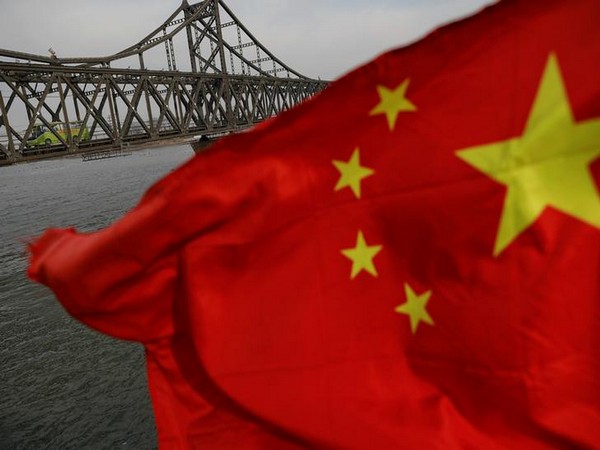New Omicron sub-variants BF.7 and BA.5.1.7, which are highly infectious with greater transmissibility have been detected in China, in the latest COVID flare-up, which comes just ahead of the 20th Party Congress.
BF.7 subvariant spread to more Chinese provinces on Monday. The highly infectious virus was firstly detected in northwest China. On the other hand, the subvariant BA.5.1.7 was detected in the Chinese mainland for the first time, said Li Shujian, deputy director of the local disease prevention and control centre, reported Global Times.
Officials from the northern Chinese province of Shandong said that since October 4 locally-transmitted COVID-19 cases were triggered by variant BF.7. World Health Organization had given out a warning against the highly infectious BF.7 COVID subvariant. It has also expected the subvariant to become a new dominant variant.
“Judging from the characteristics of BF.7, if decisive prevention measures were not adopted in time, there is high possibility that it could become the dominate variant in China as well,” reported the Global Times quoting a professor as saying to a health-based newspaper.
China is the world’s last major economy still enforcing strict zero-Covid measures, which aim to stamp out chains of transmission through border restrictions, mass testing, extensive quarantines, and uncompromising snap lockdowns.
The ruling Communist Party has used the zero-Covid strategy to argue that its political model is superior to Western democracies, and Xi has thrown his weight behind the policy. For local officials, doubling down on zero-Covid is a way to toe the Party line, demonstrate their loyalty to Xi and prevent any large-scale outbreak that could jeopardize their career weeks before the Party Congress, reported CNN.
As a result of the restrictions, some inside China have taken to calling this year’s holiday “the bleakest Golden Week ever” as people become fatigued with three years of Covid restrictions, choosing instead to stay at home rather than risk getting caught in unexpected lockdowns.
Only 422 million trips were taken during this year’s holiday, down 18 per cent from last year, according to the Ministry of Culture and Tourism. The number of trips was the smallest since 2014, and far from recovering from pre-pandemic levels, despite the cheapest air ticket prices in five years, reported CNN.
According to analysts, all the weak data point to the heavy damage of Beijing’s zero-Covid policy on consumer spending and the economy. “The Covid resurgence and risk of being lockdowns discouraged consumption and travel notably,” said Ken Cheung, chief Asian forex strategist at Mizuho Bank.
Separately, a key private survey showed Saturday that China’s massive services activity contracted in September for the first time in five months. The Caixin services Purchasing Managers Index, which focuses on small and medium-sized enterprises in China’s service industry, dropped to 49.3 last month from 55 in August, according to a statement by S&P Global Ratings. It was the first drop in the index since May.
A reading below 50 indicates contraction. Efforts to curb the spread of Covid across China led to a renewed fall in service sector activity, which disrupted business operations and restricted travel, the statement said.
In particular, employment continued to shrink. The gauge for employment stayed in contraction territory for the ninth consecutive month and hit its lowest point since May, reported CNN.

